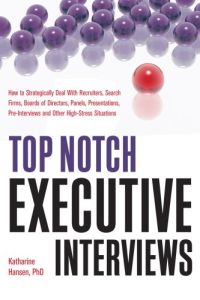
Top Notch Executive Interviews
How to Strategically Deal with Recruiters, Search Firms, Boards of Directors, Panels, Presentations, Pre-interviews and Other High-stress Situations
Recommendation
The U.S. National Aeronautics and Space Administration does not send anyone into space who is not superbly qualified. The U.S. Navy selects only the toughest individuals for its formidable Seals training program. The most brilliant high school students battle to win full scholarships to Harvard. Similarly, job candidates for executive positions go through a far more intense vetting process than normal employees before they get hired. The costs of hiring, retaining and losing executives is higher, so companies have to get recruitment right. For the candidate, these multiple interviews are by far the most challenging part of the process. You may possess stunning professional credentials and a terrific work record, but they won’t help if you cannot handle being on the receiving end of executive job interviews. In this valuable, information-packed – though not especially innovative – guide for businesspeople, employment expert Katharine Hansen discusses what interviewers look for in executive candidates, what questions they ask and how you should answer them to get hired. getAbstract considers this book a very practical resource for individuals who want to win top-level executive positions.
Summary
About the Author
Katharine Hansen, Ph.D., is an educator, author and blogger. She is an expert in career management and the preparation of résumés.


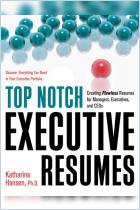
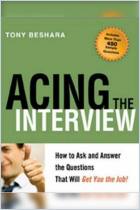
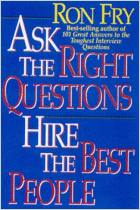
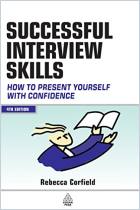
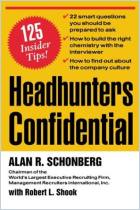
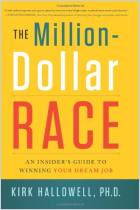
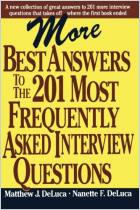


Comment on this summary